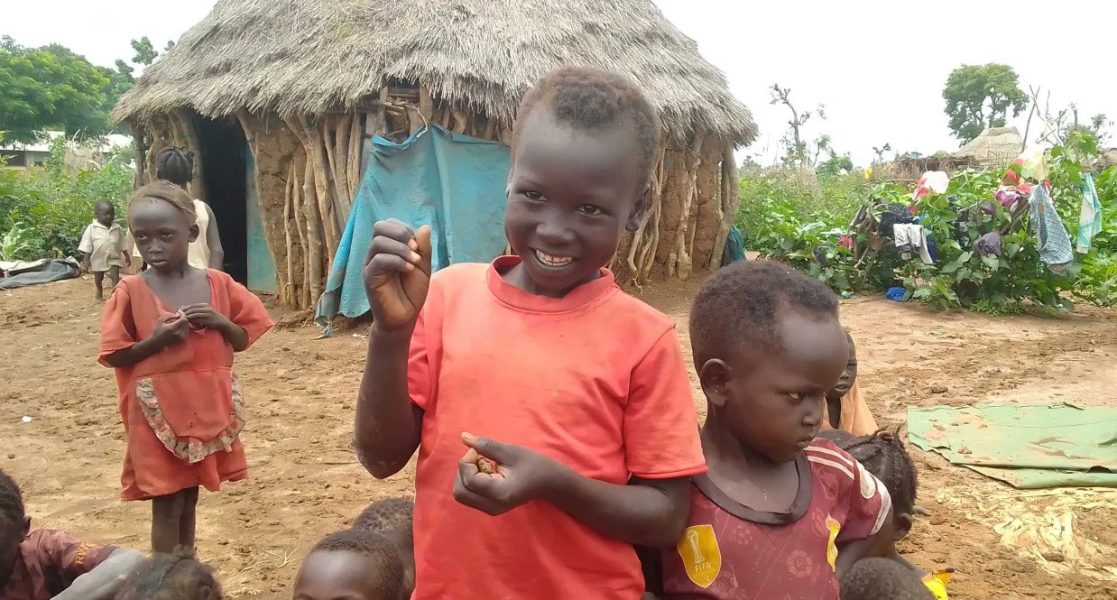
Refugee leaders and parents in South Sudan are making determined but fragile efforts to keep early childhood education alive after some learning centers in Upper Nile and Unity states were forced to close 2025.
The centers, once run by the Lutheran World Federation (LWF), served over thousands refugee children from Sudan, offering them a safe space to play, learn, and prepare for primary school.
They also helped introduce English early, giving children a smoother transition into South Sudan’s education system, while freeing parents to work.
When funding ended in early 2025, the closures disrupted not only children’s education but also the livelihoods and daily routines of thousands of families.
In Doro Refugee Camp, mother of three Zeinab Awad Adam said her son Ataib blossomed at the Nur ECD Center before it shut its doors.
“He learned English letters and words, became more confident, and even taught his siblings kindness and sharing,” she recalled.
Now, Ataib is restless at home, and Zeinab struggles to balance childcare with running her small vegetable business. “He cannot understand why he cannot go back,” she said.
Similar stories echo across camps. In Gendrassa, sisters Amal Mansur and Amara Khalifa described how their children have regressed.
“They have forgotten everything they learned. They miss their friends and their teachers. At home, they are often restless and undisciplined. It feels like their right to education has been taken away,” Amal said.
The closures also raised protection concerns. With no safe spaces to gather, young children now spend hours playing near livestock or in unsafe water.
“In the ECD, someone was watching over them. Now, we cannot keep them safe and work at the same time,” Amara said.
In July 2025, refugee leaders in Pamir Camp attempted to reopen some of the centers on their own. Parents and volunteers quickly rallied, with facilitators and guards offering to return without pay.
“We know how important these early learning centers are for our children and for our families,” said Abass Tia Saied, Secretary of the Refugee Council in Pamir. “When they closed, it affected everyone.”
But sustaining the initiative proved difficult. To pay minimal allowances, the council introduced a registration fee of SSP 10,000 (less than €2).
For many families, even that small amount was out of reach. Low registration meant few children turned up, forcing many volunteers back to farming and other daily work.
“They were ready to teach,” said Jojo Mohammed, head facilitator at Dongla ECD Center. “But without enough children, we could not keep the centers running.”
Parents like Musa Maki Abudigin, who works as a guard in Pamir Camp, insist that education is central to their children’s future.
“It’s not just about reopening classrooms,” he said. “It’s about showing parents that this education belongs to them and their children.”
Community leaders say they will continue pushing to restore early childhood education, but warn that their efforts can only go so far without outside support.
For now, refugee children in South Sudan’s camps are left in limbo, still eager to learn, but with no classrooms to welcome them back.

